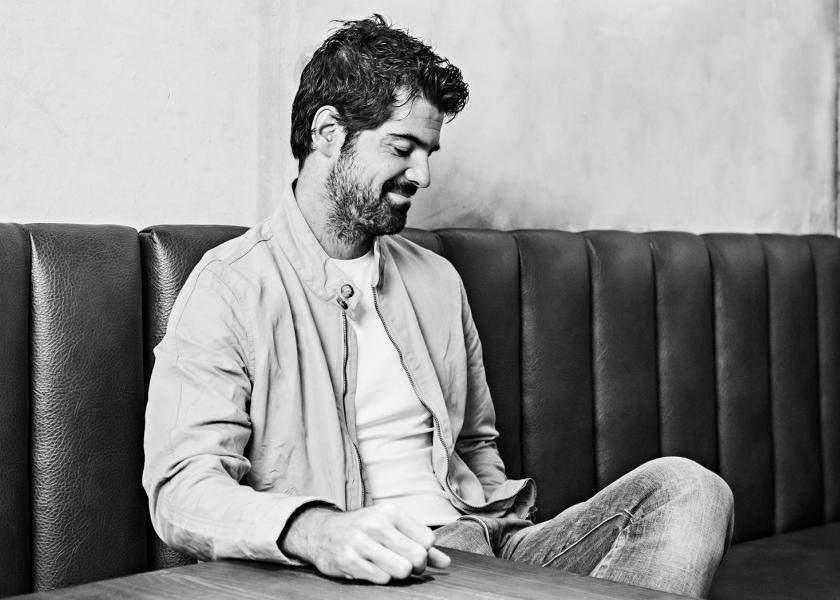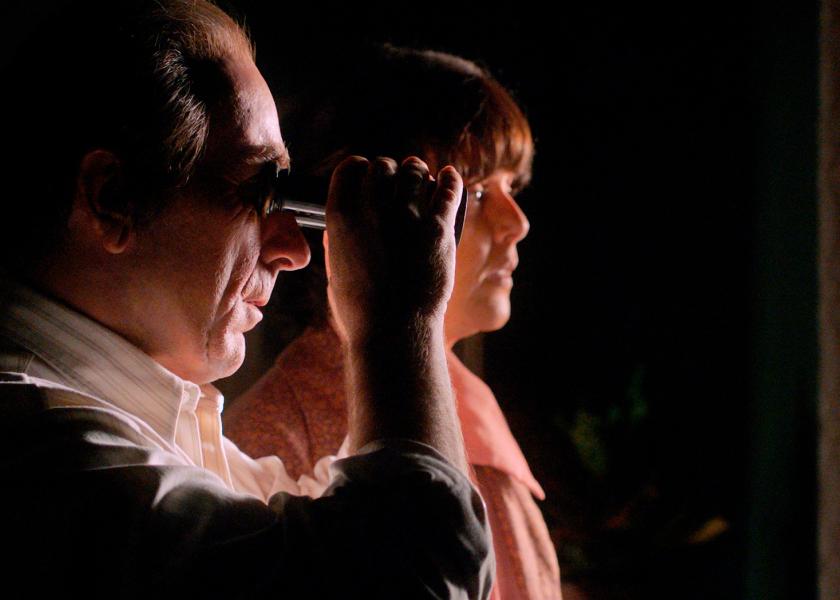64 Seminci
Spanish Documentaries Stand Out at the Valladolid International Film Week
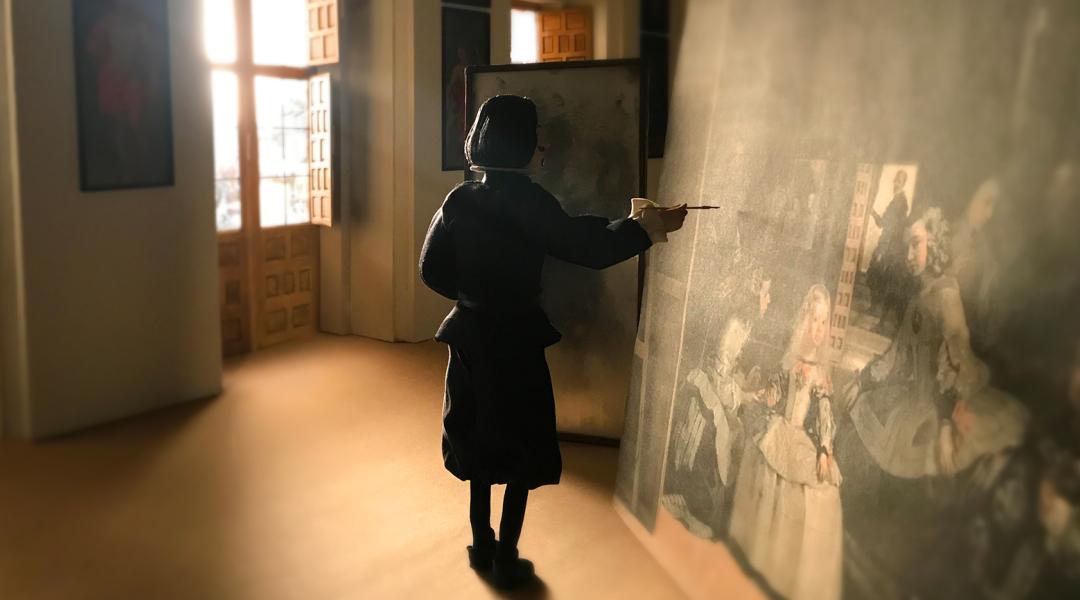
The 64th edition of the Valladolid Film Week includes the section 'DOC. España', with proposals that address topics such as children trafficking, Las Meninas, the food industry, and Castilian seasonal livestock migration.
The 64th Valladolid International Film Week (SEMINCI), from October 19th till October 26th, has selected 18 titles for the 'DOC. España' section dedicated to Spanish documentaries. It includes 14 documentary features, two out of the competition and 12 eligible for a prize of 6,000 euros for the filmmaker, and four short documentaries. Here are the entries competing for this year’s award.
- El cuadro, by Andrés Sanz
This mystery documentary by the director of award-winning short films Bedford and Flat Love explores the history of Las Meninas by Velázquez, the painting that has been reinterpreted the most in history. The doc presents itself as a game in which the viewer becomes a detective who has to discover the secrets of the painting.
- Cuba crea, by Eduardo Margareto
In this non-fiction film, viewers travel around Cuban alongside writer Leonardo Padura; musicians Eliades Ochoa, Danay Suárez, Daymé Arocena and Roberto Fonseca; actor Jorge Perugorría, dancer Carlos Acosta and artists Roberto Fabelo and Marco Castillo. The denominator is that, regardless of their discipline and despite their international success, they continue living on the island.
- La defensa, por la libertad, by Pilar Pérez Solano
This documentary tells the story of Spanish advocacy from the mid-60s to 1978 through unpublished images and testimonies of lawyers who championed law, justice and democracy by overcoming ideological differences. The aim was to put an end to Franco’s dictatorship and establish democracy in Spain.
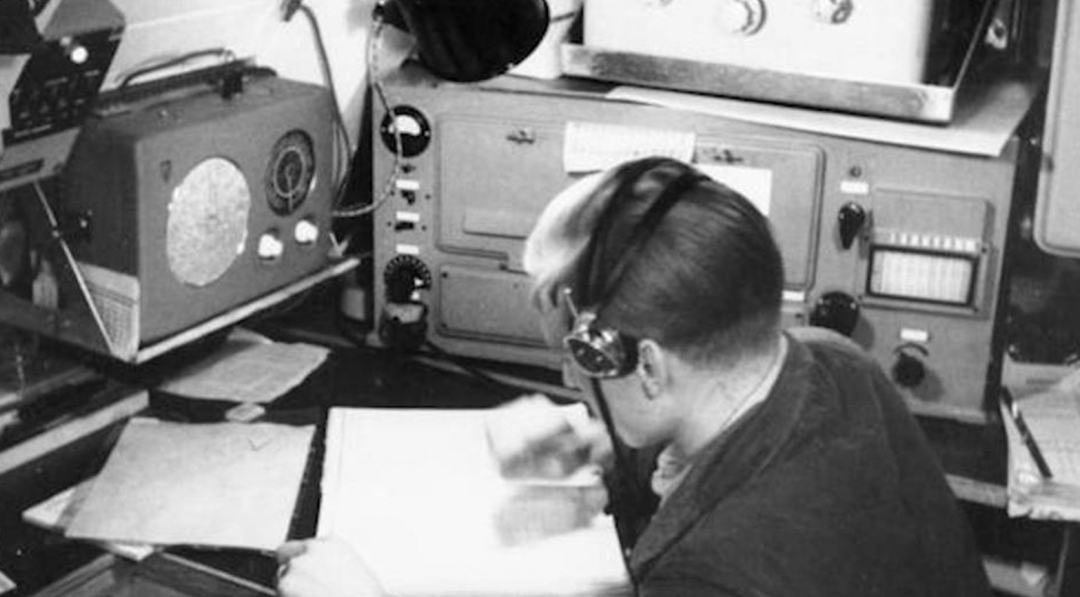
Image from ‘Equipo D’, by Jorge Laplace
- Equipo D, los códigos olvidados, by Jorge Laplace
This documentary revolves around the decisive role during WWII of Team D, formed by exiled republican Spaniards, in a secret battle to break Nazi Enigma codes. A game of chess between the brightest minds of the time whose outcome was instrumental to put an end to the greatest war of the 20th century and save the future of Europe.
- La española, la de Torres, by Fran López Montoro and Raúl Enrique Navarro
This documentary feature tells the story of Antonio de Torres Jurado, the inventor of the modern guitar. Born in 1817, this unknown carpenter from Almeria achieved universal fame in mid-19th century Seville by changing the model for national guitar schools around the world and which is still used today. In order to get to know him better, Montoro and Navarro travelled to several European countries to interview figures from different fields about Torres Jurado.
- El hombre que diseñó España, by Andrea Gutiérrez Bermejo and Miguel Larraya
José María Cruz Novillo (Cuenca, 1936) redesigned the image of Spain while the country was changing, going from black and white to colour, from a dictatorship to a democracy. His are the logos of Correos, Renfe and PSOE; the flag and the shield of the Community of Madrid, many peseta banknotes, the emblems of Repsol, El Mundo, Prisa, and Antena 3 Radio, and the posters of films such as The Spirit of the Beehive, La escopeta nacional and Cría Cuervos.
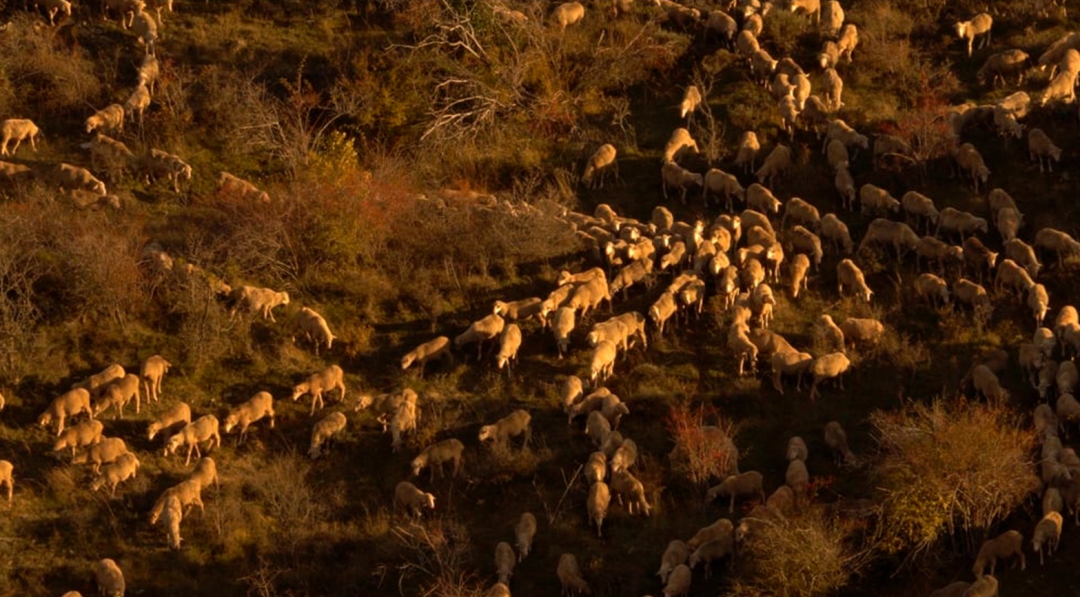
Image from ‘La loba parda’, by Cristina Ortega Blanco
- La loba parda, by Cristina Ortega Blanco
Oterga Blanco’s family, of agrarian and livestock farming tradition, was the main inspiration for this documentary following the Pérez brothers, the last migrating shepherds from Tierras Altas, in Soria. A story about memory in which sound plays a crucial role.
- Made in China, by Marc Chica i José
The celebration of the Chinese New Year is approaching, and young Yu Liang Yuan begins her journey from the industrial colony where she lives in Shenzhen, to her birthplace in Henan. Her visit is vital for her future and that of her family, as he hopes to get engaged to an old schoolmate she has been dating. What no one could really foresee is that his family had been looking for other candidates and that they have decided that Yῡ Liang Yuan's family is not rich enough to accept their marriage.
- Los que buscamos, by Óscar Bernàcer
This documentary tells the story of two victims of children trafficking: Enrique, separated from his mother at birth, and Ascension, forced to give up her daughter after giving birth. Still immersed in a legal battle, they continue their search while coping with guilt, rejection, and the construction of their own identity.
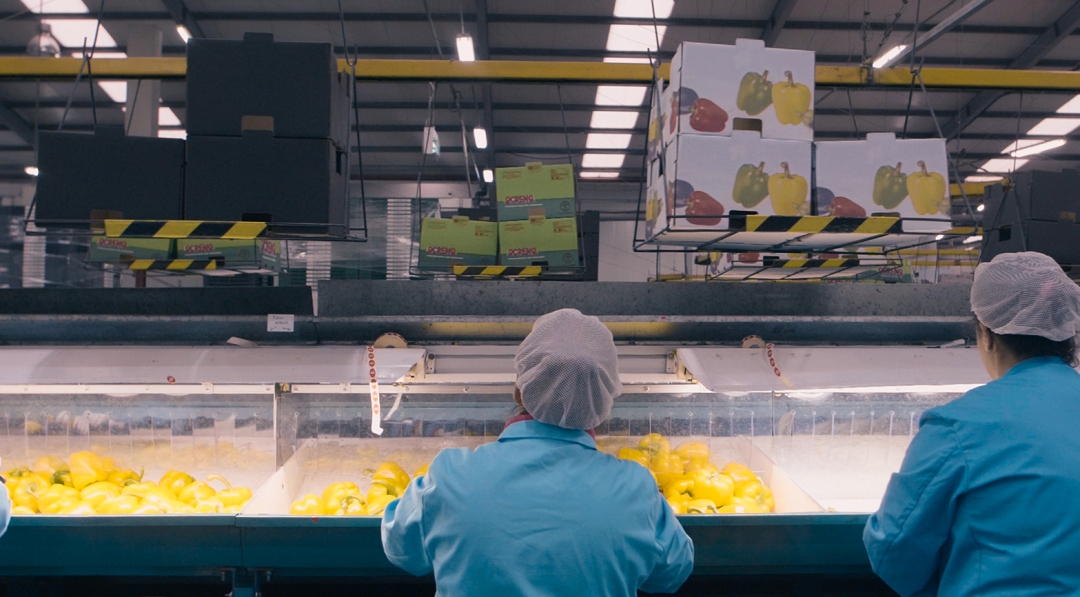
Image from ‘The Price of progress’, by Víctor Luengo
- The Price of Progress, by Víctor Luengo
The ins and outs of the food industry in this film exploring the intrigues, emotions, political pressures and arguments of key actors, including corporate lobbyists, politicians, renowned scientists and investigative journalists associated with the international food industry. All this in the middle of the debate about the future of agriculture in the European Union.
- El escritor de un país sin librerías, by Marc Serena (España / Guinea Ecuatorial)
Marc Serena takes us to one of the most isolated countries in Africa in the company of his most translated writer, Juan Tomás Ávila Laurel, who in 2011 sought refuge in Spain after denouncing Teodoro Obiang’s dictatorship. Through his books we discover this corner of the world still living under the impact of two centuries of Spanish colonial domination.
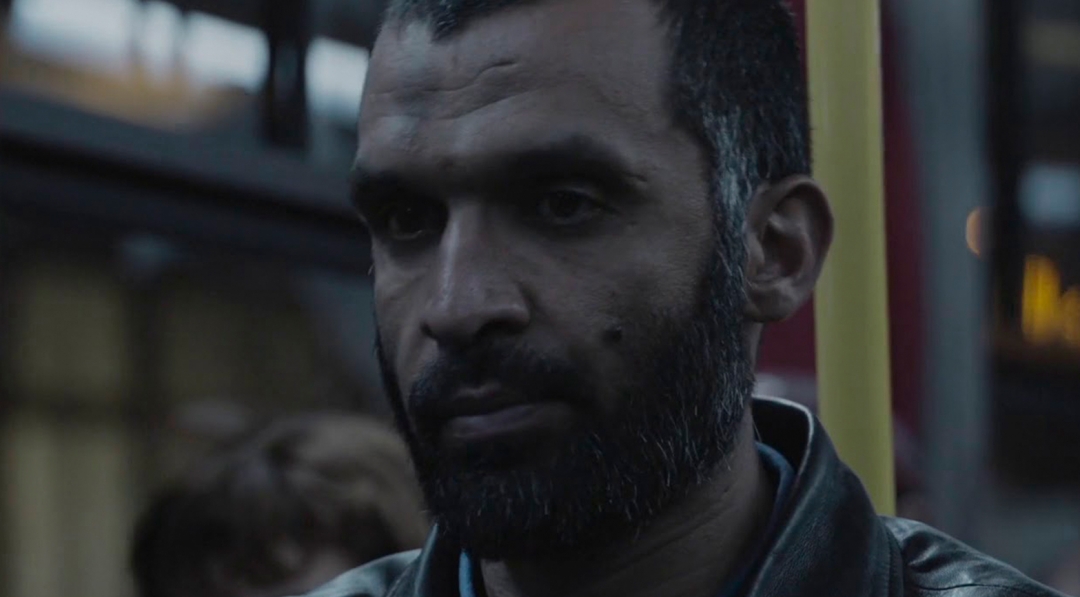
Image from ‘La libertad es una palabra grande’, by Guillermo Rocamora
- La libertad es una palabra grande, by Guillermo Rocamora (Uruguay / Brasil / Spain)
After thirteen years in Guantanamo, Mohammed is released and transferred to Uruguay. There, the former prisoner will have a second chance to start a new life in an unknown place.
